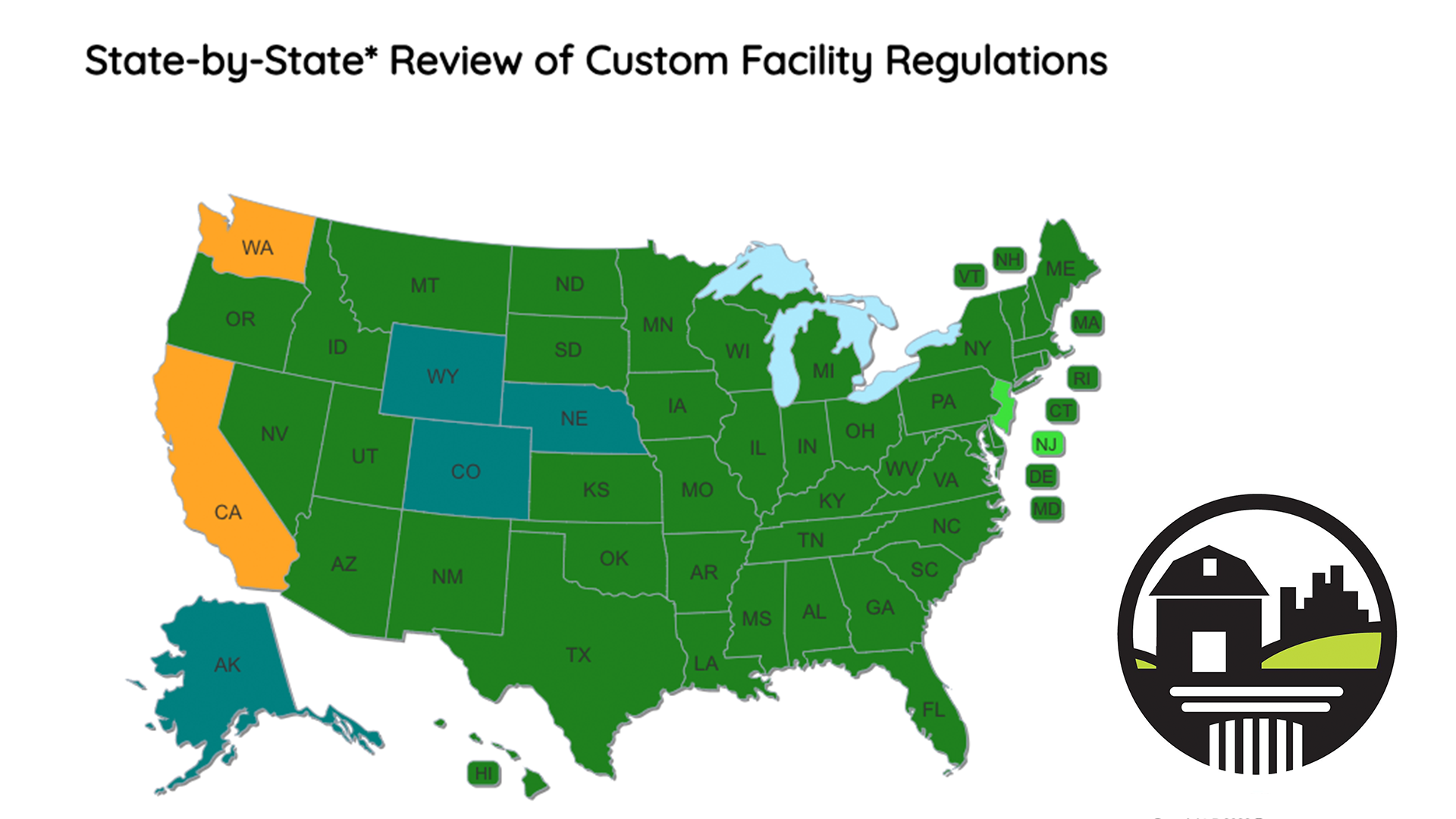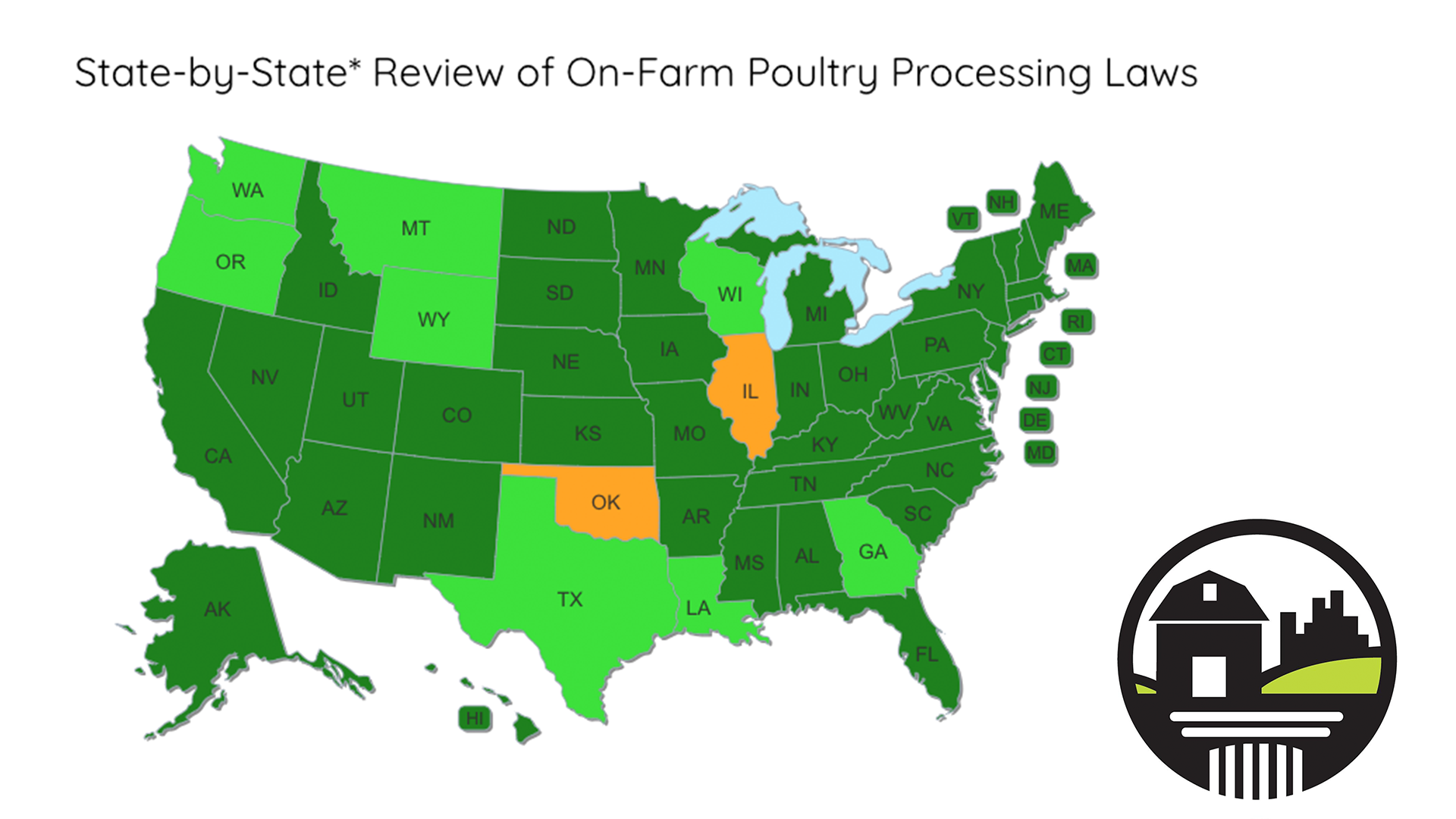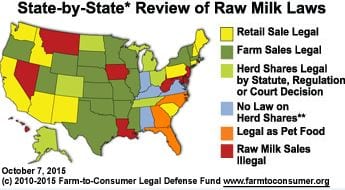February is Black History Month, and as February comes to a close, we at FTCLDF are reflecting on the history of discrimination in America’s farming communities, what is being done about repairing the damage it caused, and what has yet to be done. Today, according to the latest U.S. agricultural census, approximately 1.4% of American farm producers identified as Black, or approximately 45,000 Black farmers, compared to 1 million in 1920.
For decades, U.S. Department of Agriculture (USDA) agencies discriminated against Black Farmers, denying access to technical assistance, grants, low interest loans and farm subsidies, contributing to the dramatic loss of Black farmland in the United States. In 1997, the first lawsuit of Pigford v. Glickman was filed in federal court alleging discrimination against the USDA, followed by the 2010 “Pigford II.” While some farmers received some monetary compensation, families no longer hold land they lost due to the discriminatory application of farm credit and farm subsidy programs.
African Americans have also disproportionately lost what should have been heirs’ property; property passed on through inheritance laws, rather than a will or estate planning. As land passed from generation to generation, proving title to such property is challenging, and the process has cost African American farmers an estimated 4.7 to 16 million acres over the last hundred years.
There are certainly some organizations doing some great work around these issues in the United States, such as the National Black Farmers Association, F.A.R.M.S., and National Black Food & Justice Alliance.
Farmers and academics have also brought attention to past discrimination and are serving to support Black farming efforts, such as Leah Penniman of Soul Fire Farm, and her book Farming While Black, and Monica White’s excellent historical and cultural descriptions in Freedom Farmers. We applaud and support these efforts of Black farmers to return to the land and provide local and nourishing food to themselves and their families.
We at FTCLDF strive to assist in making farming in American better for all farming communities by providing legal representation, and working on improved policy that supports local, sustainable food systems.
To learn more about specific challenges to Black farmers, FTCLDF will be attending the Black Farmers Food Justice Community Conversation and Listening Session on Wednesday, Feb, 28, 2024 at 5:30 pm.







